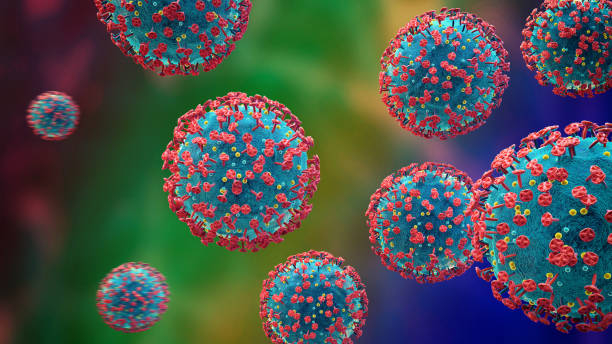Stunted Growth in Children or Increased Severity of Infections
Protein is necessary not only for muscle and bone mass maintenance but also for body growth. As a result, deficit or insufficiency is particularly damaging to youngsters, whose growing bodies require a consistent supply. Stunting is, in fact, the most prevalent symptom of childhood malnutrition. Stunted growth affected an estimated 161 million children in 2013. Observational studies demonstrate a substantial link between a low-protein diet and poor development. Stunted growth is another prominent feature of kwashiorkor in youngsters.
A protein deficiency might also have an impact on the immune system. Impaired immunological function, a typical sign of acute protein insufficiency, may increase the risk or severity of infections. For example, one study in mice found that eating only 2% protein was related to a more severe influenza illness when compared to eating 18% protein. Even a small amount of protein may damage immunological function. Following a low-protein diet for nine weeks greatly lowered the immunological response in one small trial of elderly women.











